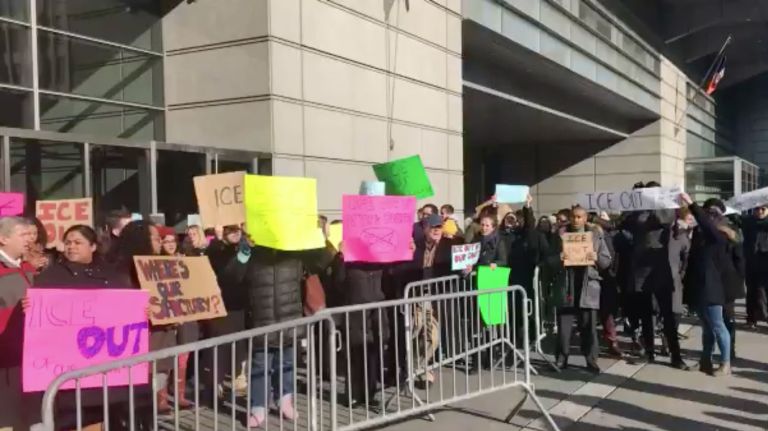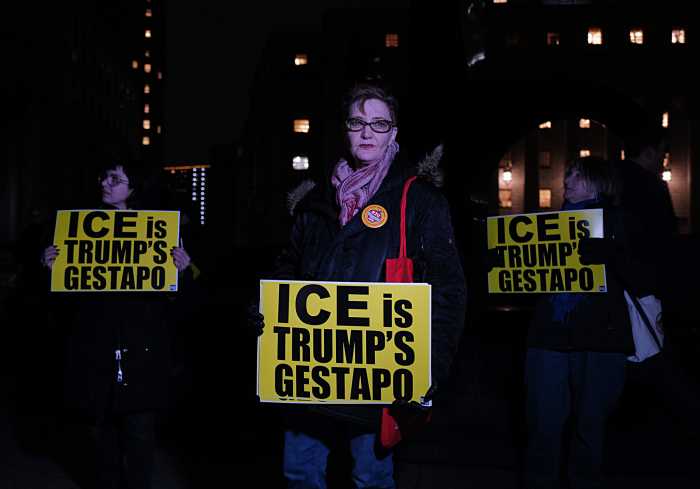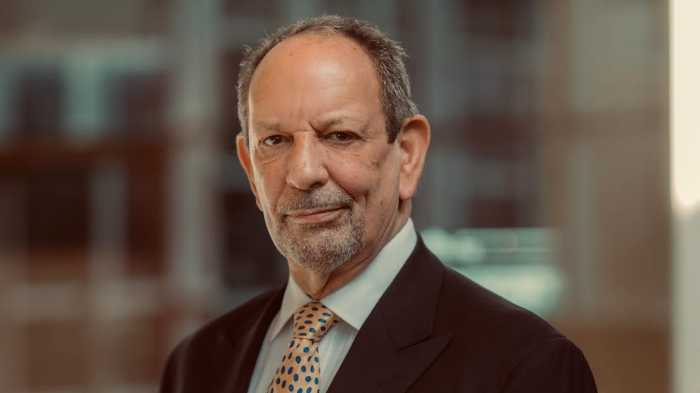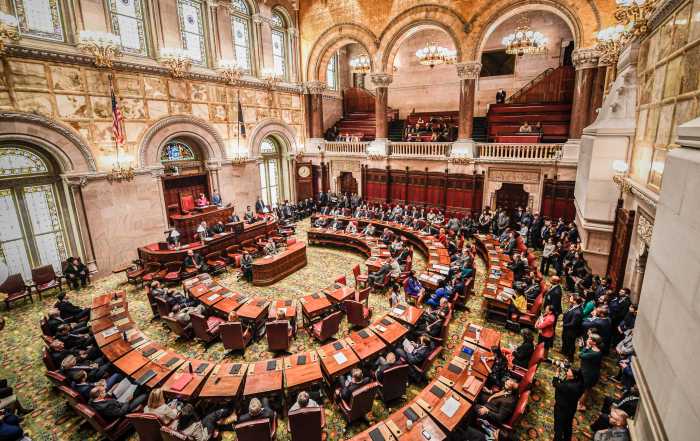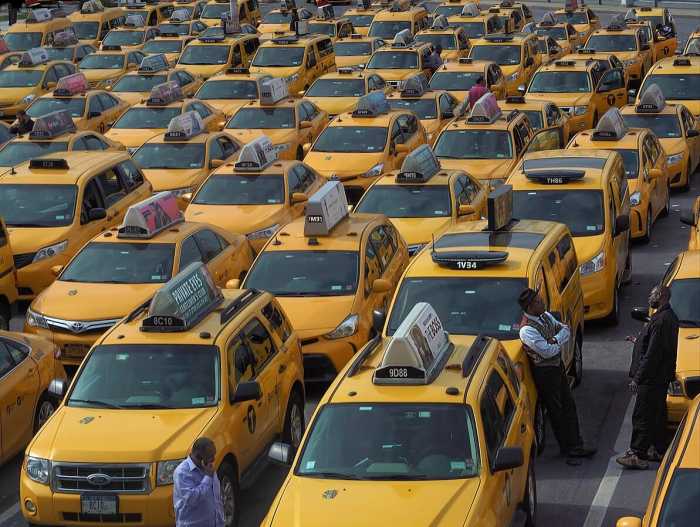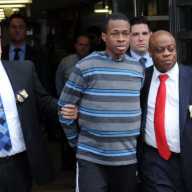
The word Zaquera Lanier kept repeating was “prepared.”
Her husband, Aboubacar Dembele, 27, had been arrested by ICE officers outside the Bronx County House of Justice just hours before. He had lived in the United States since his mother brought him to the Bronx as a 3-year-old. He was applying to take classes at community colleges and worked as a barista at a coffee chain.
He had applied for a green card through Lanier, his 24-year-old wife, who is a U.S. citizen. That is pending. He had applied for Deferred Action for Childhood Arrivals, too, in 2012, 2016, and 2017. In 2012, he couldn’t afford the fees to finish the process. In 2016 and 2017 his application was rejected for failing to demonstrate proof of residency, says Lanier. So:
“He was prepared,” she said. It is the status of many individuals now with uncertain immigration status. The rules have shifted under their feet.
Dembele got into an altercation on a bus in December and was charged with a felony. It was his first and only interaction with the criminal justice system, his Legal Aid lawyer said, adding that he had been acting in self-defense. On Thursday, his case was reduced to a misdemeanor and adjourned, with an expectation that it might be dismissed. The lawyer, Monica Dula, and the couple were leaving the court onto 161st Street.
That’s when some men in plain clothes approached them, saying they were “Homeland Security.”
As they put Dembele into handcuffs, Lanier remembers them explaining: “Your DACA got denied.” That’s it.
The couple didn’t know what additional proof of residence was needed to make immigration relief more than a false promise. They didn’t know why the immigration officers had zeroed in on Dembele. They didn’t know what they’d do if Dembele was deported. “We’d been doing ok so far,” said Lanier Thursday afternoon back outside the House of Justice, hands jammed in the pockets of her heavy black coat, casting glances at the doors through which she and Dembele had walked into the officers’ arms.
They’d been planning to start a family. They were supposed to have an OBGYN appointment Thursday.
But of course they had been prepared, in the larger sense, because of the world they were living in: a world in which Trump’s executive orders have changed the priorities for immigration enforcement, vastly expanding the danger of deportation for those here illegally. Small interactions with the justice system are no longer excused. Courts and their surroundings continue to be magnets for immigration officers, and public defenders continue to object, staging walkouts as Legal Aid and the Bronx Defenders did Thursday.
“This [case] was the last straw,” Casey Dalporto of Legal Aid explained about the walkout. A Bronx Defenders lawyer said they’d had clients arrested in recent weeks. Attorneys chanted behind police barriers. One of Dembele’s toddler nephews clutched a colorful sign that he seemed too young to understand: “ICE out of our courts.”
Dembele was far away from the Bronx by then, heading to 26 Federal Plaza, held without bail or bond until his first immigration court appearance. The situation he’d prepared himself for had become real.
Correction: This post has been updated to reflect the fact that Aboubacar Dembele had applied for admission to community college in New York City, but had not yet started taking classes.



